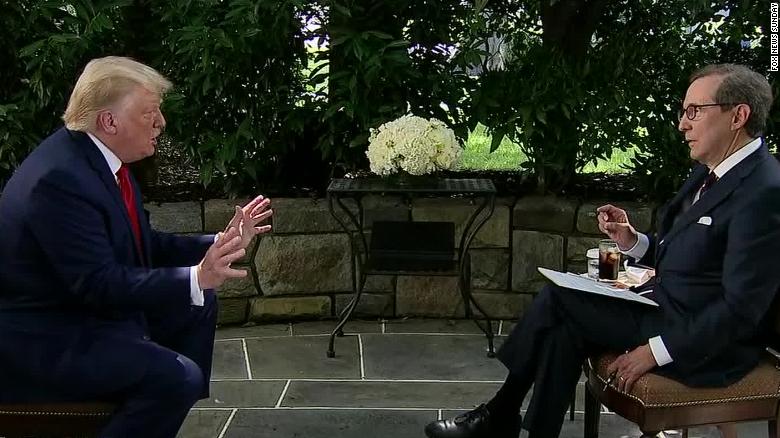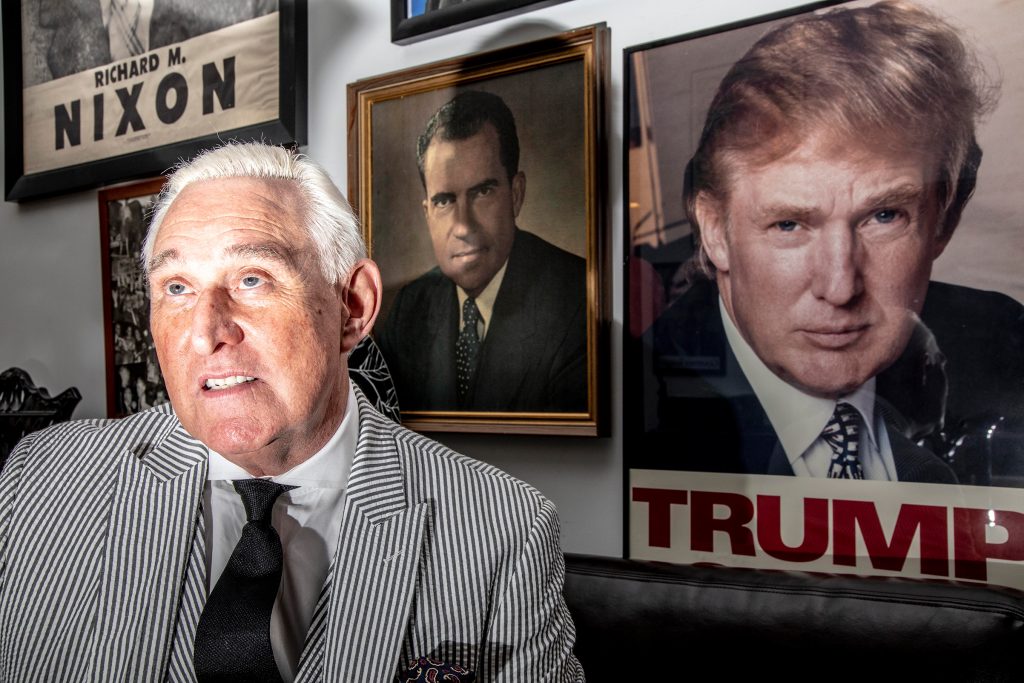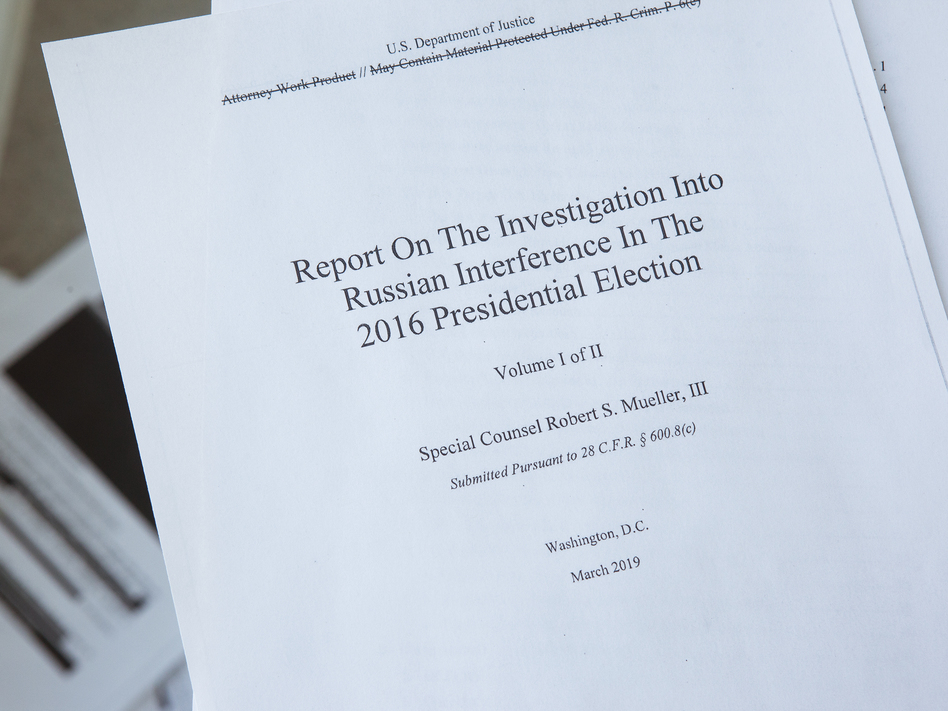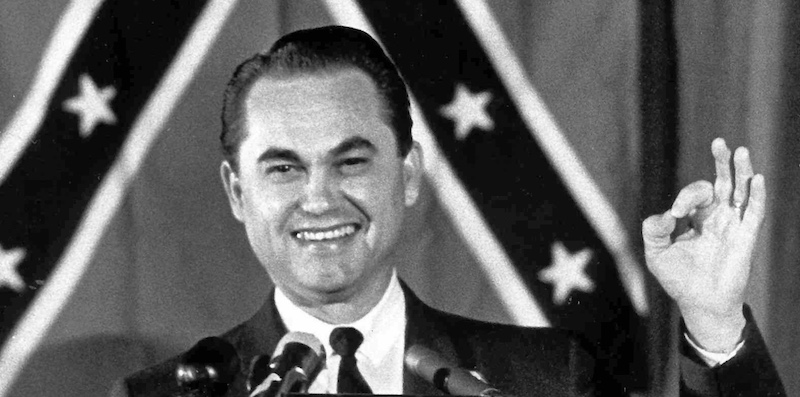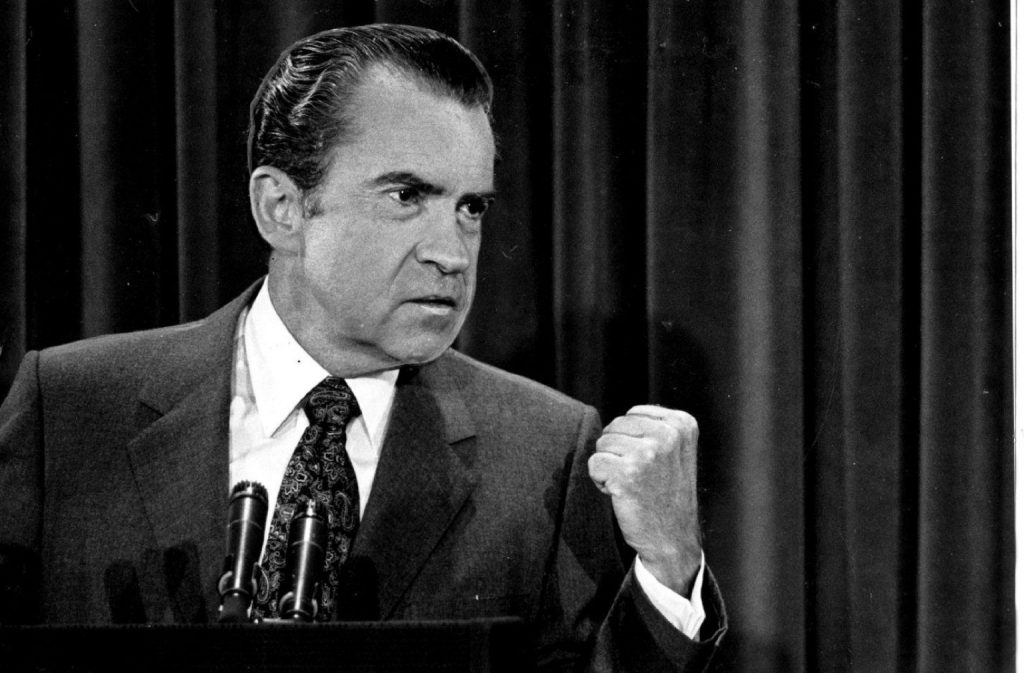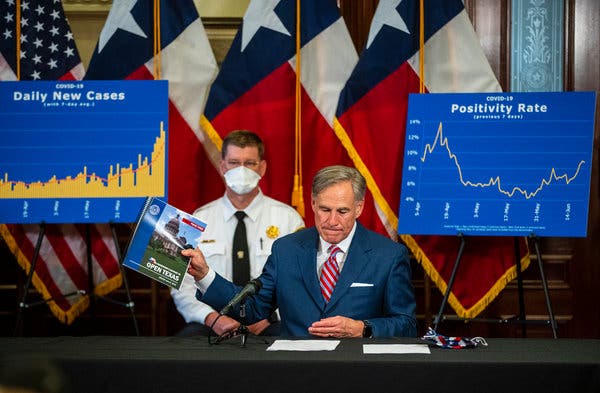“Yeah, the schools should be opened. Schools should be opened. Kids want to go to school. You’re losing a lot of lives by keeping things closed.”
– Donald Trump, July 13, 2020
———-
For decades Republicans have preached the gospel of “local control” of schools; the idea that the local school board – the homemakers, the local real estate guy, the small business owner – are the people who should have ultimate say about educating our kids. But like almost every other conviction of bedrock conservatism “local control” is no longer, to borrow a word from the Nixon era, operative.
You know what else is inoperative: competence. Donald Trump and the collection of inept D-list flunkies that surround the president – Education Secretary Betsy DeVos comes to mind – have spent the last three weeks threatening governors, teachers, parents and common sense. Trump even said he’d withhold money from states refusing to open schools, a hollow threat he cannot possibly fulfil, but one in keeping with this administration’s mendacity. Significant amounts of federal education aide go to the poorest schools and to help children with particular learning needs.

The bullying and demanding from Washington, D.C. isn’t based on any serious concern about how schools might operate in the midst of a still accelerating pandemic, but it is based on Trump’s need to manufacture the optics of “a return to normal” that is only happening between the ears of the “very stable genius.”
As columnist Rex Huppke put it in the Chicago Tribune: “You brats are going to listen to me and to your president, Donald J. Trump, and you’re going to march your little rear ends off to school come fall. I don’t care if you have to wade through 5 feet of coronavirus to get there, you’re going!”
Yet the people most affected – parents, teachers, school cafeteria staff, among others – seem impervious to this Trumpian logic. “I have yet to see any data where there are appreciable numbers of people who say, ‘Yes, I want my kids back in school,’” says Glen Bolger, a veteran Republican pollster, in an interview with the New York Times. “They want their kids back in school, but not right now. I think safety is taking priority over education.”
Or as Kristi Wilson, the superintendent of a small district in Arizona told the Washington Post: “Although the administration can apparently absorb the 150,000 COVID deaths without care or consequence, we do not have the luxury of even losing one.”
It might have been wise to devote the last couple of months to strengthening distance learning and helping parents prepare for a school year without kids in school buildings. What we got instead is the persistent incompetence and quackery of the Trump Administration and the frightened conservative politicians who dare not offend the man who acts like he has all the answers but possesses none of them.
While the president lamented Dr. Anthony Fauci’s high poll numbers compared to his – “but nobody likes me,” Trump whined, while wondering if it had something to do with his personality – he again touted hydroxychloroquine, the drug the FDA says has no proven effectiveness against the coronavirus. We won’t go into the quack doctor Trump citing who “made videos saying that doctors make medicine using DNA from aliens and that they’re trying to create a vaccine to make you immune from becoming religious.”
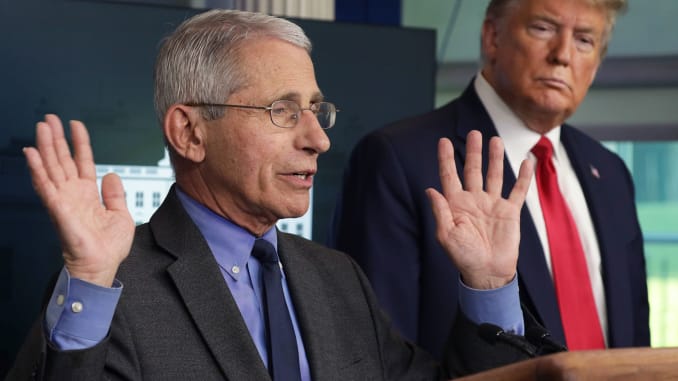
Trump era magical thinking has positioned the United States, with only five percent of the world’s population, but with a quarter of all the world’s cases and vastly more deaths than any other country, as a case study of failure when it comes to controlling the virus.
The squandering of precious time from late March to mid-May when organization of a national strategy to test, trace and isolate cases could have been done, but wasn’t will be this administration’s deadly legacy. The spreading of quack theories about unproven drugs and phony treatment, while making wearing a mask an ideological litmus test is the final proof of the abject failure of Republican efforts to lead and govern.
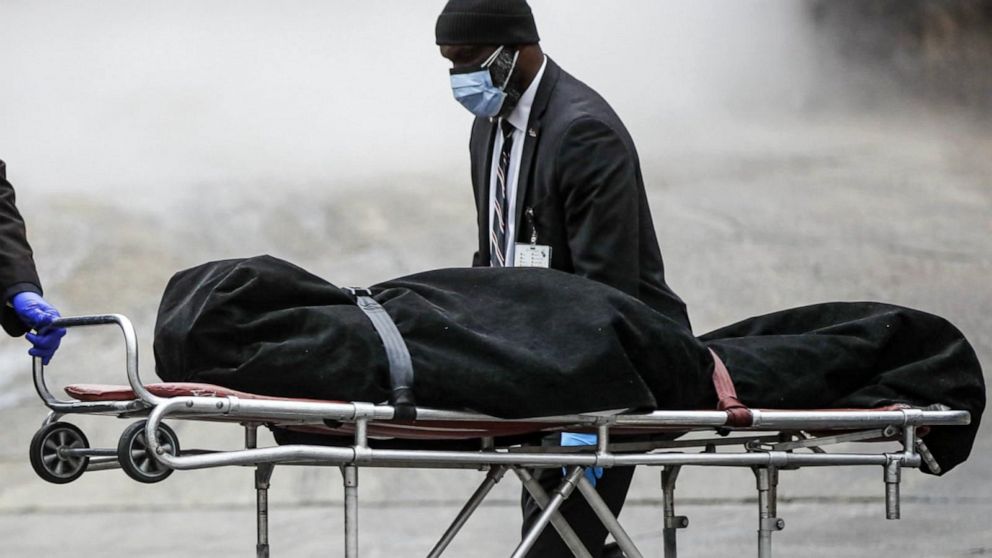
The GOP has given up on fighting the illness. It’s just too hard for them to handle, a position Idaho governor Brad Little summed up perfectly last week when he was asked if his state’s schools would reopen. “I think the answer is, it depends,” Little said.
The governor or his counterparts in Florida or Texas or Arizona might have said: “You know, the answer for very much schools is no. We must recognize that the disease is out of control, spreading uncontrollably and we must redouble our efforts to fight it. One step is to end the magical thinking that suggest we should put teachers and children and the grandparents of school children at real risk by too quickly going back to in person schooling. We have more work to do before we can do that.”
Something like that would have been an honest and indeed helpful answer, allowing parents and teachers to plan and prepare, but instead of the functional equivalent of “we will fight on the beaches…we shall never surrender” to the virus we get “it depends.”
“This collapse of a major political party as a moral governing force is unlike anything we have seen in modern American politics,” long-time Republican consultant Stuart Stevens wrote recently. He compared the collapse of the party, its abandonment of expertise and common sense and its embrace of a reality television star, to the demise of the Communist Party in the old Soviet Union. In short, what the party says it is bears no resemblance to what is actually is.
The disconnect between what Republican leaders tell their constituents about issues like wearing a mask and opening school and the relentless, unbending reality of the pandemic is simply not sustainable. The terrible logic of the virus is going to win every time and the way the incompetents continue to handle it signals that we are on track to never put it behind us.
Ask yourself this logical question: If, as a result of a still little understood disease that will almost certainly claim thousands more American lives between now and Labor Day, your local school board, your health district, your state board of education is reduced to meeting by Zoom to consider reopening the schools is it really such a great idea to reopen the schools?
—–0—–
Additional Reading:
Nespresso…
Great deep dive in The Guardian on the coffee machine and the company behind it.
“Buying a machine grants you membership of the Nespresso Club, literally, and also membership of the Nespresso club, metaphorically – a global fellowship of people who care enough about their morning brew to spend 40 or 50p on 5 grams of it, but not enough to spend more than 30 seconds preparing it. In their homes, the distinctive hum, whirr and clunk of a machine in action has taken its place alongside the churn of a dishwasher.”
Read the whole thing, including a few surprises.
How to think about Jefferson…
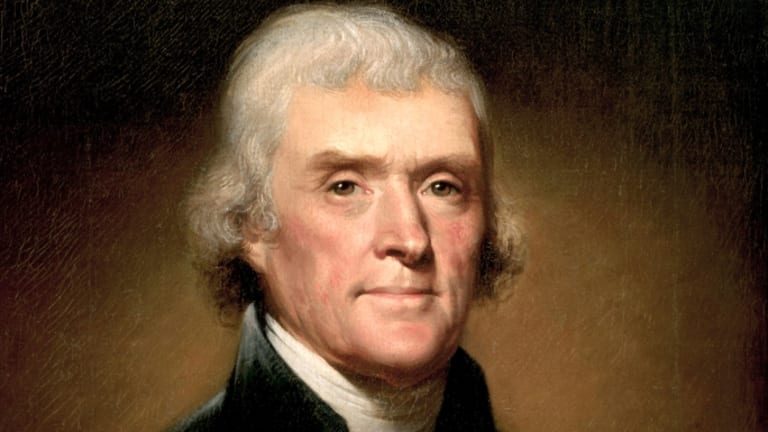
Alan Taylor is a Pulitzer Prize winning historian who teaches at the University of Virginia, the university Thomas Jefferson created. In a recent essay he reflected on the contradictions of the author of the Declaration of Independence, a slave owner who declared all men are created equal.
“As Hollywood has long known,” Taylor writes, “Americans prefer melodramas that sort people into the good and the evil. So, we treat Jefferson as an icon of our unresolved prejudices and inequalities, which trace to slavery. As that burden becomes conspicuous in our national understanding, partisans wish to cast Jefferson as either an antislavery hero or a proslavery villain. In fact, he was both and neither.”
Nicholas Baker on FOIA…
Baker is a great writer and a dogged researcher. In his new book Baseless: My Search for Secrets in the Ruins of the Freedom of Information Act Baker tries to use the Freedom of Information Act (FOIA) to dig into some mysteries. He writes:
“Isn’t it against the law for government agencies to delay their responses to FOIA requests? Yes, it is: the mandated response time in the law is twenty days, not including Saturdays, Sundays, and holidays, and if one agency must consult with another agency before releasing a given document, the consultation must happen ‘with all practicable speed.’ And yet there is no speed. There is, on the contrary, a deliberate Pleistocenian ponderousness.”
Thanks for reading. Stay well.




